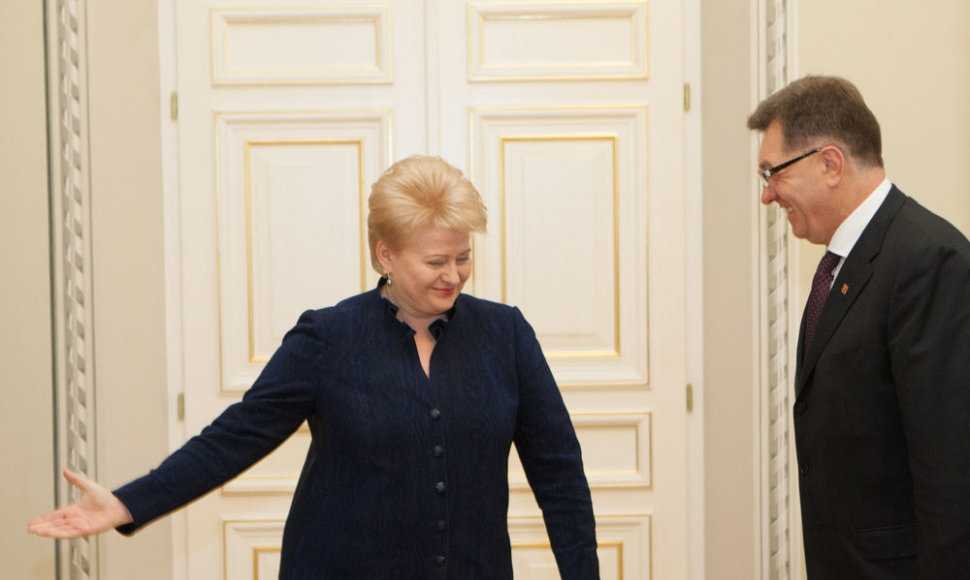In the survey conducted on January 11-20, the president was supported by 60.7 percent of respondents, up 10 percentage points since December. Some 18.2 percent said their opinion about the president was unfavorable. Some 64.9 percent of those polled favored Butkevicius and 11 percent were against him.
No other politician drew more than 50 percent of positive responses. Leaders of other ruling parties were much less popular with the public.
Rolandas Paksas, the leader of the Order and Justice Party, was favored by 38 percent of respondents and drew negative responses from 33.3 percent, the Labor Party's leader Viktor Uspaskich was favored by 32.6 percent of those polled and disliked by 39.5 percent, while Valdemar Tomaševski, the leader of the Electoral Action of Poles in Lithuania, drew positive reactions from 9.9 percent and negative reactions from 45.6 percent of respondents.
According to the survey carried out by Vilmorus public opinion and market research center, 16.8 percent liked former prime minister Andrius Kubilius, the leader of the opposition conservatives, who was disliked by 62.2 percent.
Social Democrats on the rise
The popularity of Lithuania's ruling Social Democrats continues rising, while the ranks of supporters of their coalition partners – the Labor Party - have shrunk, shows the poll published on Saturday.
Asked to specify a party they would vote for if general elections were held next Sunday, 29.1 percent of respondents said in January they would cast ballots for the ruling Social Democratic Party. The party's popularity in December was 26.4 percent. Support for the Labor Party was two times lower – the party would have secured votes of 14.4 percent of those polled this month, down from 18 percent from December.
Further down the popularity ballot is the opposition Homeland Union – Lithuanian Christian Democrats (conservatives) with support of 10.2 percent of those polled, up from 8.1 percent a month before.
According to the survey, the ruling Order and Justice Party may expect support from 8.7 percent of respondents, while the opposition Liberal Movement – from 4.7 percent.












